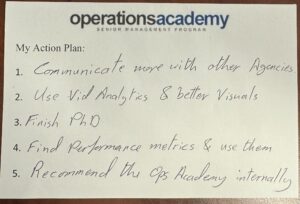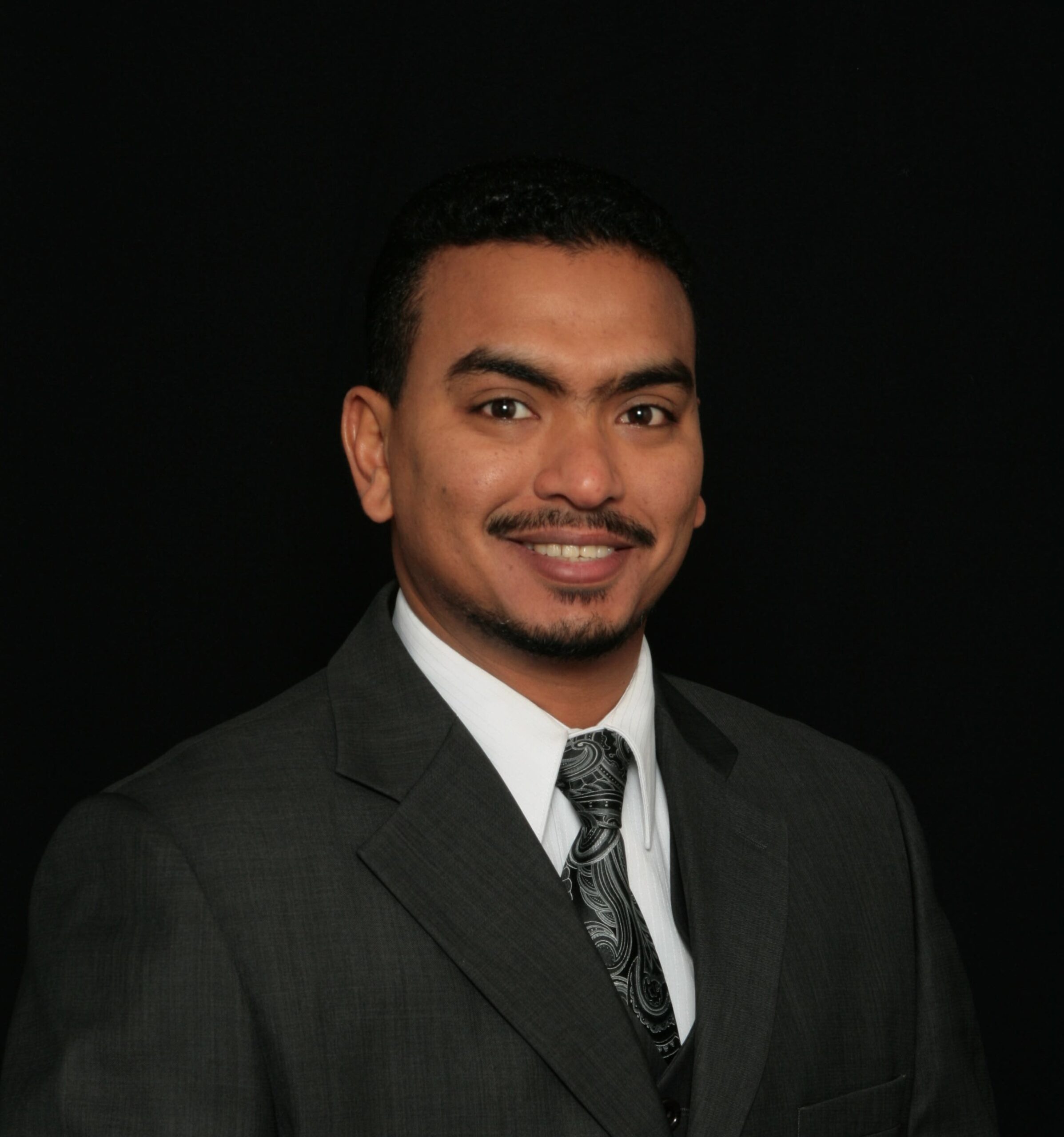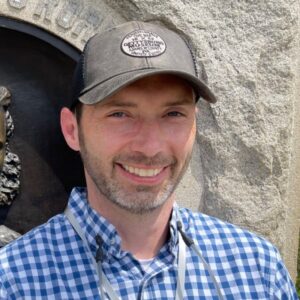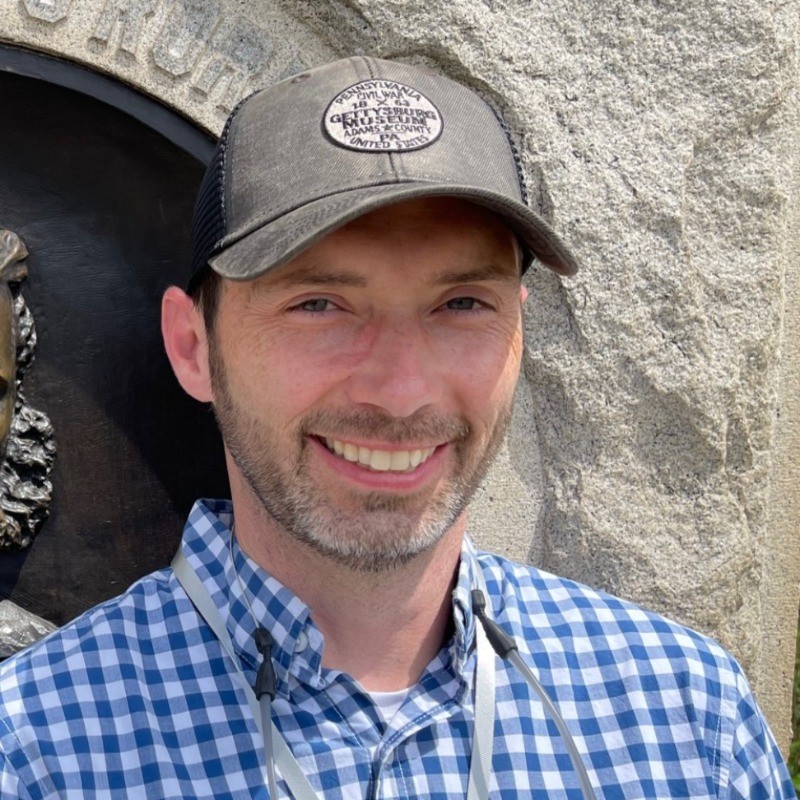There’s an assignment in the Operations Academy Program that requires students to write themselves a message. In that message, they are to list five actions (or goals) they wish to achieve beyond the dates of attending the Operations Academy program. Said El Said still has that message he wrote to himself back in 2019 when he graduated from the Operations Academy. That list actually helped him complete his doctoral program.
When Said attended the Operations Academy, he was in his 19th year with the Tennessee Department of Transportation (TDOT) and his 10th year as TDOT’s Intelligent Traffic Systems (ITS) Manager. He had completed many other trainings but had never experienced anything as comprehensive as the Operations Academy, with a focus on traffic systems management and operations (TSMO).
“There is not much training out there for ITS people to learn more about TSMO,” Said said. “The majority of engineers in the DOTs are experts in technology; they work bridges and roadways. They’re civil engineers, and they’re very well trained, but when it comes to learning about TSMO, it’s a different game, and people must learn to transform themselves. Training that’s available outside of taking the Operations Academy is just bits and pieces.”
The greatest benefit was to learn a more structured way of delivering knowledge and formats. TSMO is about looking for a network and operations and setting up an organized way of thinking in one’s mind, and for Said, this structured way of thinking was what he needed both as an ITS engineer and as a doctoral student.
While listening to others in his class, Said learned some important truths. Delivering new technology simply for its own sake is useless. Instead, polishing and re-evaluating what exists and finding ways to take it to the extreme levels of performance and get the most out of it is more impactful than deploying more technology. He also discovered the importance of utilizing the LISTSERV that the Operations Academy offers to its graduates. It provides access to professionals across the transportation industry for guidance and support in almost anything.
“The LISTSERV is like a brotherhood of operations professionals,” he said. “It’s the greatest resource.”
Because of his limited experience with people in operations, he valued his interaction with them while attending the Operations Academy. With the knowledge he gained from them, he was able to build out TDOT’s ITS Division.
“Sometimes you feel isolated in what you’re doing, only focusing on your own agency, and you don’t know what’s outside,” he said. “You see there are agencies with different levels of maturity when you’re at the Operations Academy. You ask yourself, where does your agency fit compared to others, where are we in terms of capability and maturity, who is performing at what level? You see the challenges and understand how to address them and reach the next level in the organization.”
Said believes his experience at he Operations Academy helped him advance to his current position, Transportation Program Manager for Neel Schaffer Engineering in Nashville, Tennessee. After elevating his division’s performance, he decided his work at TDOT was complete and searched for a new challenge and found his way into a new role as a consultant.
He certainly has achieved many more of the items he placed on his list of goals back in 2019.
“I left TDOT, but I still display my Operations Academy certificate in my office because I’m very proud of it,” he said. “I display my Ph.D., some other certificates I have, my ITS awards from TDOT, and my Operations Academy certificate. I was nominated once to go in 2014, but I couldn’t go for personal reasons, and I was very fortunate I got another opportunity. I’m very privileged to have this experience.”

This is the action plan that Said wrote to himself right before
graduating from the Operations Academy in 2019






